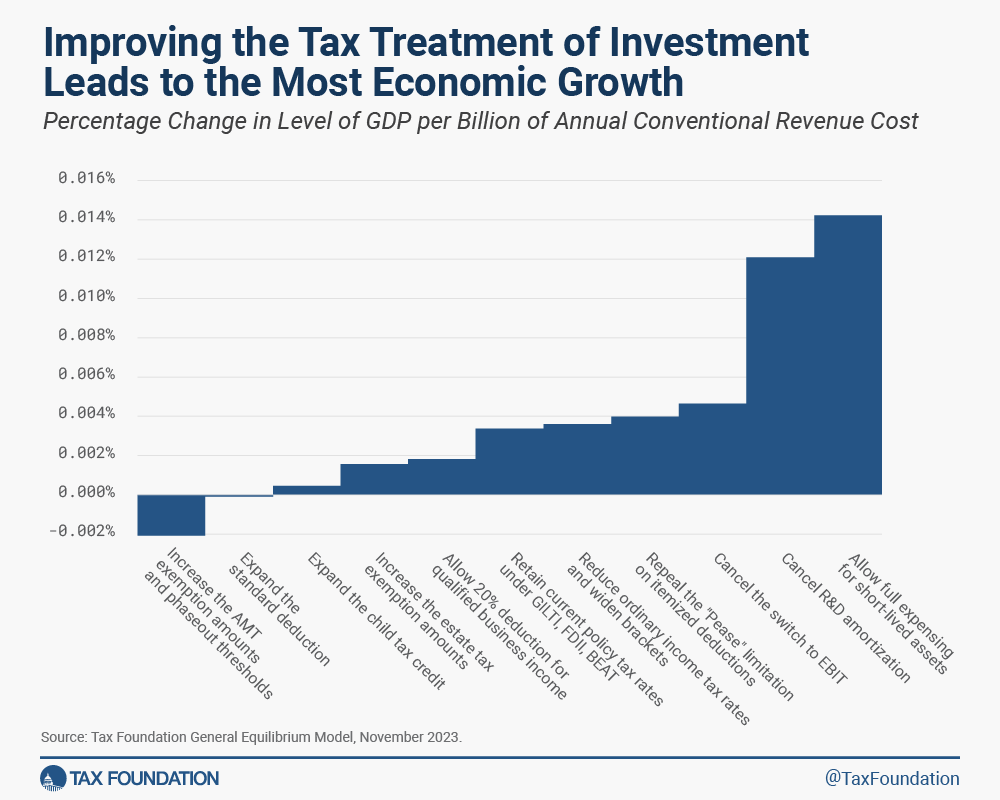Why Long-Term Care Planning Is Crucial
If you are like most people, you prefer not to dwell on the possibility that you could end up in a nursing home or other long-term care facility. Failing to plan for that possibility, however, can be a costly mistake. Not only might you be putting your retirement nest egg at risk if you don’t plan for the high cost of long-term care (LTC), but your wishes regarding where you end up may not be honored as well. Knowing that, the Indianapolis attorneys at Frank & Kraft explain why long-term care planning is crucial.
Will I Need Long-Term Care?
The reality is that if you turn 65 today, you have almost a 70 percent chance of needing some type of long-term care service and support in your remaining years. If you do need LTC, you stand a 35 percent chance of needing nursing home care, a 42 percent chance of needing paid care at home, and a 13 percent chance of needing assisted living. The average cost of LTC in Indiana has tracked closely with the national average in recent years at around $100,000 per year with assisted living or a home health aide averaging just over $50,000 a year. Although you will probably rely on Medicare to cover healthcare expenses as a senior, Medicare will not cover long-term care costs. The same is true for most private health insurance policies unless you purchased a stand-alone long-term care policy. For about half of all seniors, that leaves Medicaid as their only option for help with the high cost of LTC.
How Does Long-Term Care Planning Help Pay for LTC?
Knowing your odds of needing LTC and the high cost of LTC, addressing how you will pay for that care is essential. While Medicare will not cover LTC expenses, Medicaid will. Medicaid is a healthcare program that is predominantly funded by the federal government but is administered by individual states. When determining eligibility, both income and asset limits apply. For 2023, the income limit in Indiana for institutional (nursing home) is $2,742 in 2023 for an individual applicant. In addition, an individual applicant cannot have “countable resources” valued at more than $2,000 while the limit for a married couple who are both applying for benefits increases to $3,000. If one spouse remains in the community, that spouse may have assets valued at up to $148,620. If your income or assets exceed the program limits, your application will be denied and you may need to enter the Medicaid “spend-down” program. To ensure that you qualify for Medicaid when the time comes without putting your assets at risk, talk to your estate planning attorney about incorporating a Medicaid planning component into your estate plan now.
How Does Long-Term Care Planning Help Honor My Wishes?
The idea of leaving your home likely does not sit well with you for numerous reasons, including concerns about how you will be treated as a resident of a nursing home. Sadly, experts tell us that at least one in 10 older individuals experiences some form of elder abuse each year, validating your concerns. To help make you feel better about the need for LTC if it is necessary in the future, do your research now.
First, know that there are LTC alternatives to a nursing home for seniors who need help but who do not need the level of care provided by a nursing home. Popular alternatives include an assisted living facility, community-based care programs, a home health aide, and family caregivers. Knowing that nursing home care could be required, research options in your target area now. You can find a list of licensed facilities on the State of Indiana Long-Term Care Facility Directory.
Are You ready to Get Started with Long-Term Care Planning?
For more information, please join us for an upcoming FREE seminar. If you are ready to get started incorporating a long-term care plan into your estate plan, contact the experienced Indianapolis estate planning attorneys at Frank & Kraft by calling (317) 684-1100 to schedule an appointment.
Paul Kraft is Co-Founder and the senior Principal of Frank & Kraft, one of the leading law firms in Indiana in the area of estate planning as well as business and tax planning.
Mr. Kraft assists clients primarily in the areas of estate planning and administration, Medicaid planning, federal and state taxation, real estate and corporate law, bringing the added perspective of an accounting background to his work.
Latest posts by Paul A. Kraft, Estate Planning Attorney (see all)






